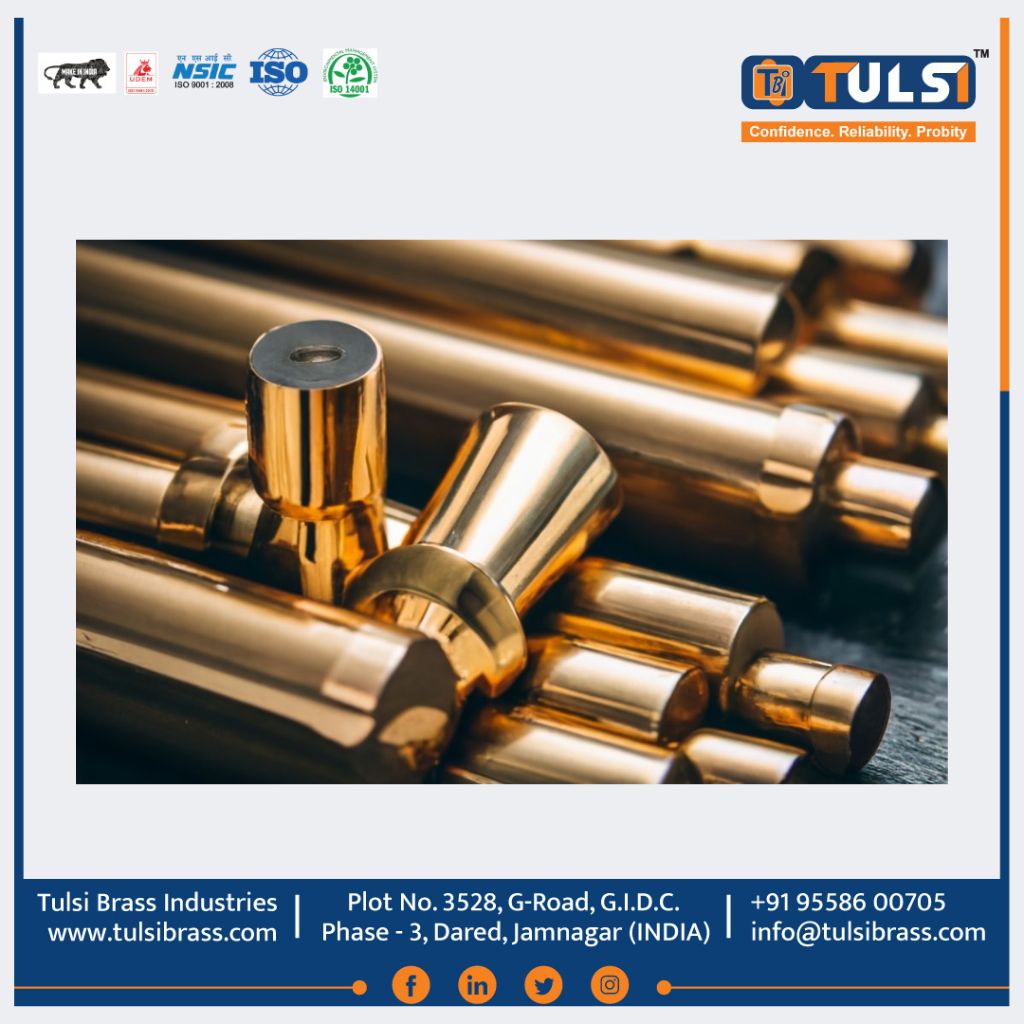How to Tell if Something is Brass or Bronze | Brass vs. Bronze
Introduction
Metals have been a fundamental part of human history for centuries. Brass and bronze, both alloys of copper, have played vital roles in various industries and applications. While they share some similarities due to their copper base, they have unique characteristics that set them apart. This guide will help you become an expert at identifying whether an object is made of brass or bronze.
Brass vs. Bronze: Key Differences
Color and Appearance
Brass:
- Brass has a bright, gold-like appearance.
- It tends to have a more yellowish or reddish hue.
- Brass can tarnish over time, developing a greenish patina.
Bronze:
- Bronze typically has a darker, reddish-brown appearance.
- It may have subtle variations in color.
- Bronze also forms a patina but usually with a brownish or greenish tint.
Composition
Brass:
- Brass is primarily composed of copper and zinc.
- The zinc content in brass is higher, usually ranging from 5% to 45%.
Bronze:
- Bronze is primarily composed of copper and tin.
- The tin content in bronze is higher, generally ranging from 3% to 30%.
Density
Brass:
- Brass is less dense than bronze.
Bronze:
- Bronze is denser compared to brass.
Sound Test
Brass:
- Brass objects produce a higher-pitched sound when struck.
Bronze:
- Bronze objects produce a lower-pitched sound when struck.
How to Tell if Something is Brass or Bronze
Now that we’ve explored the key differences let’s delve into practical ways to determine whether an object is brass or bronze.
- Visual Inspection: Begin by examining the color and appearance of the object. Note whether it has a bright gold-like hue (brass) or a darker reddish-brown tone (bronze).
- Magnet Test: Brass is not magnetic, so if a magnet doesn’t stick to the object, it might be brass. Bronze, on the other hand, can be slightly magnetic due to impurities.
- Weight Comparison: If you have similar-sized objects made of brass and bronze, compare their weights. Bronze, being denser, will feel heavier.
- Tarnish and Patina: Check for signs of tarnish or patina. Brass typically develops a greenish patina over time, while bronze develops a brownish or greenish tint.
- Sound Test: Gently tap the object and listen to the sound it produces. Brass objects tend to have a higher-pitched sound, while bronze objects produce a lower-pitched sound.
- Acid Test (Caution): This is an advanced method. Apply a small amount of dilute hydrochloric acid to a hidden part of the object. Brass will not react significantly, while bronze may show a reaction due to its tin content. Use caution and proper safety measures when conducting this test.
FAQs
Q: Can brass and bronze be used interchangeably in DIY projects?
A: While they share some similarities, it’s essential to use the right metal for your project. Brass is more corrosion-resistant and often preferred for decorative purposes, while bronze is suitable for applications where strength and durability are crucial.
Q: How can I clean tarnished brass or bronze?
A: To clean tarnished brass or bronze, mix a paste of vinegar and salt, apply it to the surface, and gently scrub with a soft cloth. Rinse thoroughly and dry.
Q: Are there any health concerns associated with handling brass or bronze?
A: Both metals are generally safe to handle. However, prolonged exposure to brass may cause skin discoloration due to the reaction with sweat. Bronze may also cause skin discoloration in some individuals.
Q: Can I determine the metal type by checking its melting point?
A: While brass and bronze have different melting points, this method is not practical for most people. It’s best to rely on visual, magnetic, and sound tests.
Q: Can I use a metal detector to identify brass or bronze?
A: Metal detectors can help identify metallic objects but may not distinguish between brass and bronze accurately due to their similar compositions.
Q: Is bronze more valuable than brass?
A: The value of brass and bronze can vary depending on factors like purity and rarity. In some cases, bronze may be more valuable, but it’s essential to consider the specific item and its condition.
Conclusion
Distinguishing between brass and bronze is a valuable skill, whether you’re a collector, artisan, or simply curious about the objects around you. By understanding their unique characteristics, you can appreciate the history and utility of these metals. Remember to use caution when conducting tests and handling these materials, and enjoy your exploration of the world of brass and bronze!

